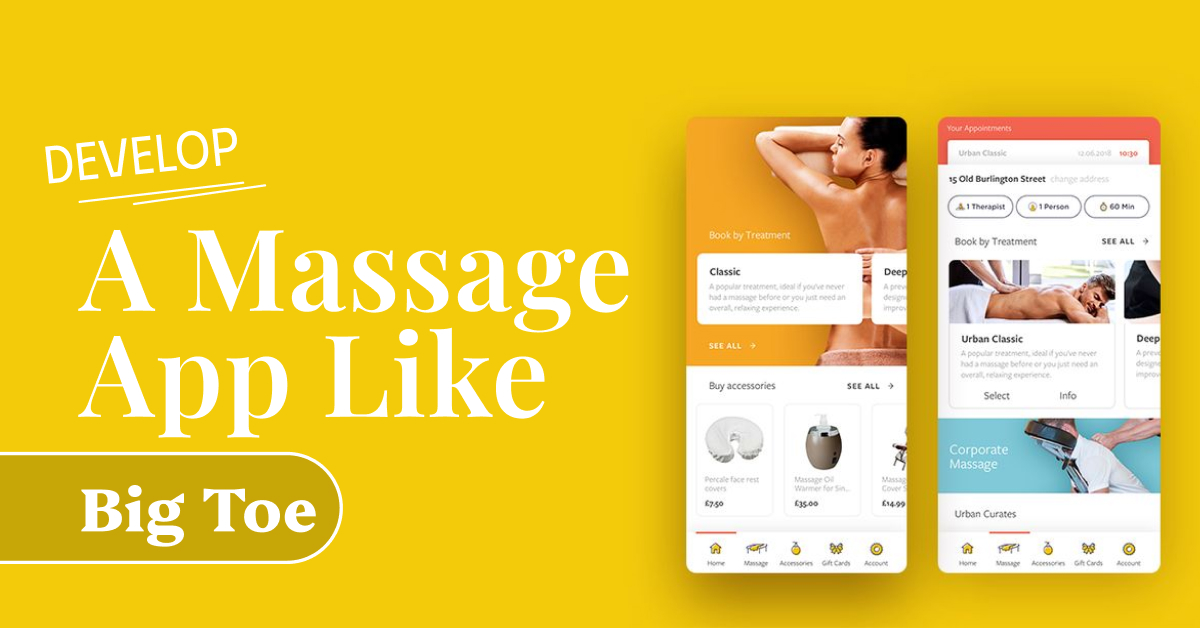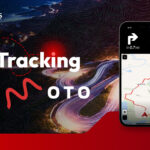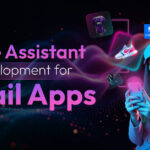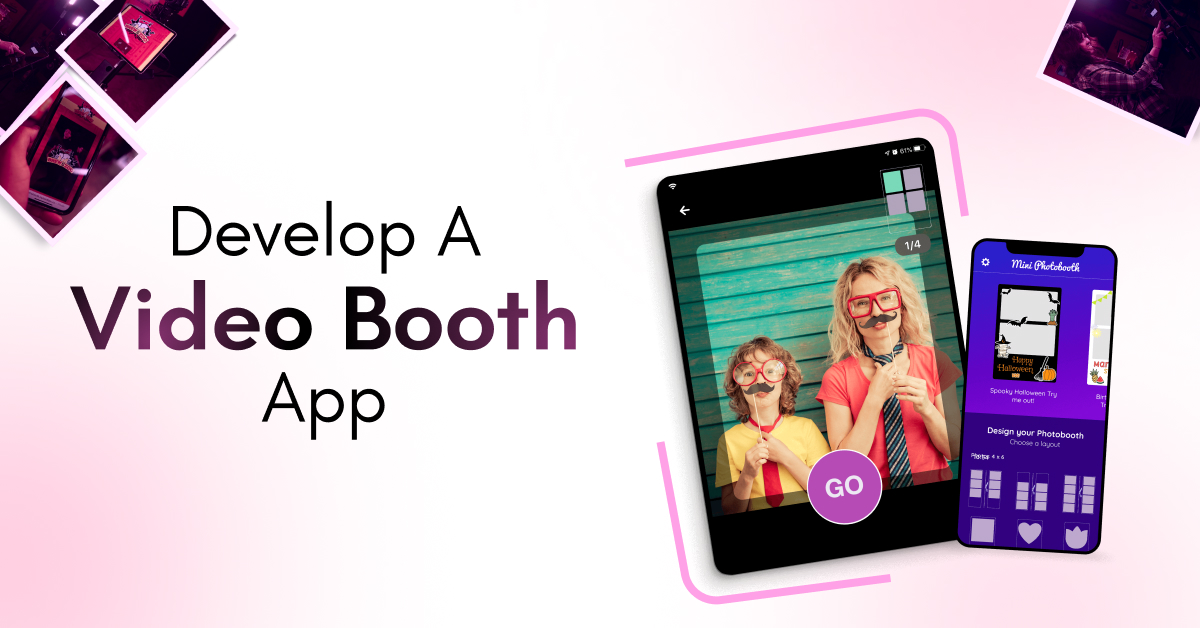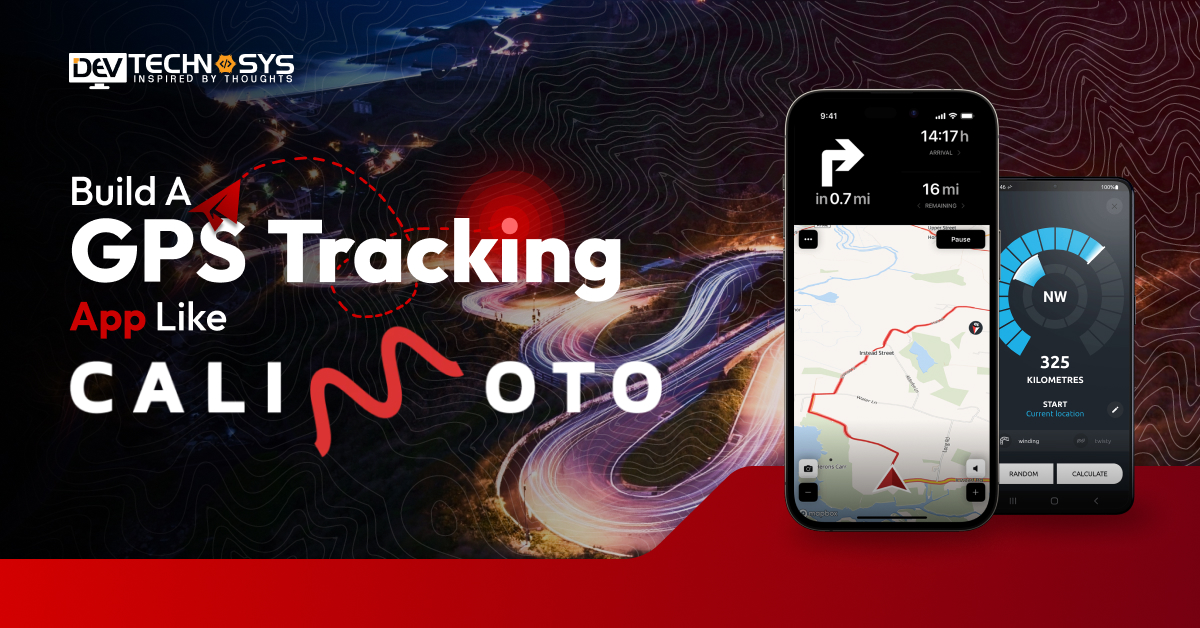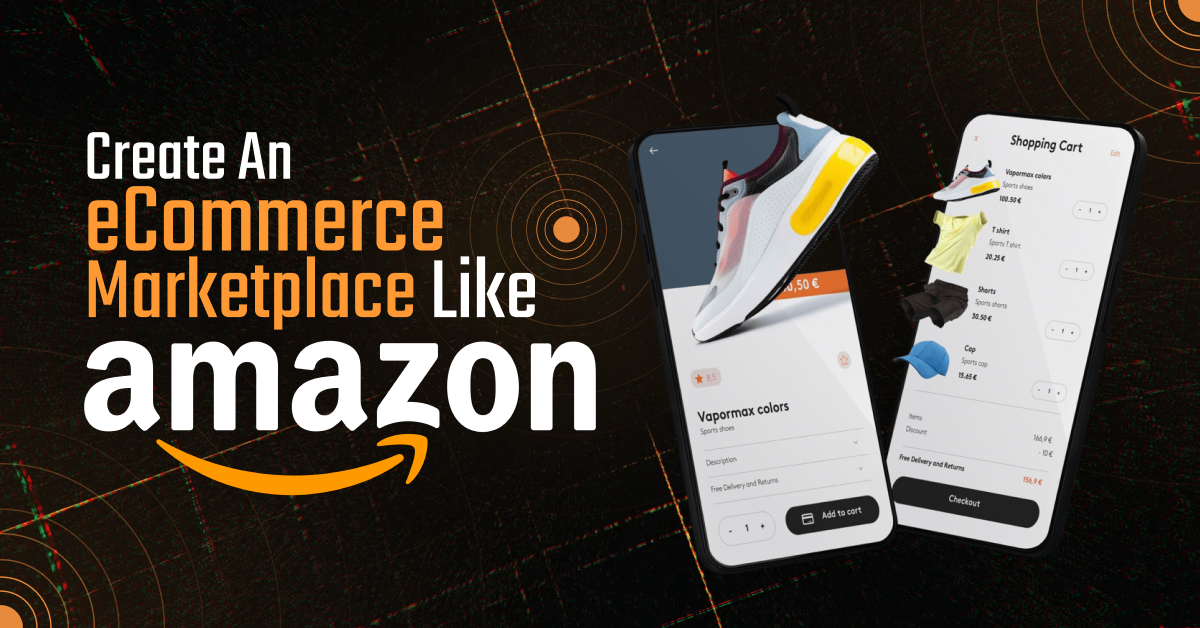“Stress gone, calm begins”
As we know, today the world has become very modern and new technologies are coming, but with that, people have started living under a lot of stress, like work-related tension and many other things. In such situations, massage apps play a significant role in reducing stress and promoting wellness. Where an application like Big Toe matches professional therapists with users and schedules massage services at their workplace or house.
The massage therapy services industry was worth USD 18.25 billion globally in 2023 and is anticipated to grow steadily at 7.2% annually through 2030.
This data depicts that investing in the massage app development is the best opportunity to generate revenue streams for businesses and grow rapidly.
Get set ready to explore how to develop a massage app like Big Toe and what type of features and functions must be implemented.
Let’s start!
What is Big Toe?
Big Toe is an on-demand massage app that links customers with qualified, verified massage therapists who visit their home, business, or hotel. The app is designed for simplicity and comfort, allowing users to schedule a range of massage sessions with flexible scheduling and transparent pricing.
Big Toe’s goal is to make professional, high-quality massage treatment available to everyone, encouraging wellness and stress alleviation whenever and wherever they need it.
- Licensed Therapists
- Multiple Massage Types
- Flexible Scheduling
Market Analysis of Global Massage Applications
- The market for massage treatment services is projected to grow from its 2023 valuation of USD 25 billion to USD 19.46 billion in 2025.
- From 2024 to 2030, the global market for massage treatment services is anticipated to expand at a compound annual growth rate of2%.
- With a 88% market share in 2023, North America led the massage treatment services industry.
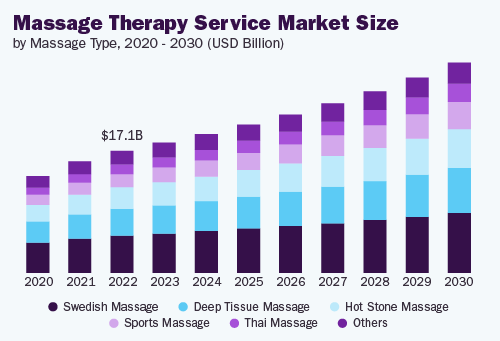
- Massage Envy Franchising LLC, Hand & Stone Massage and Facial Spa, Elements Massage, and Massage Heights are a few of the major companies in the massage therapy services industry.
- According to the poll, 40% of licensed massage therapists schedule appointments using the massage booking app.
10 Best Massage Apps Like Big Toe
Discover the top 10 massage on demand apps like Big Toe that offer on-demand wellness, professional therapists, flexible scheduling, and in-home convenience for stress-free relaxation anytime, anywhere.
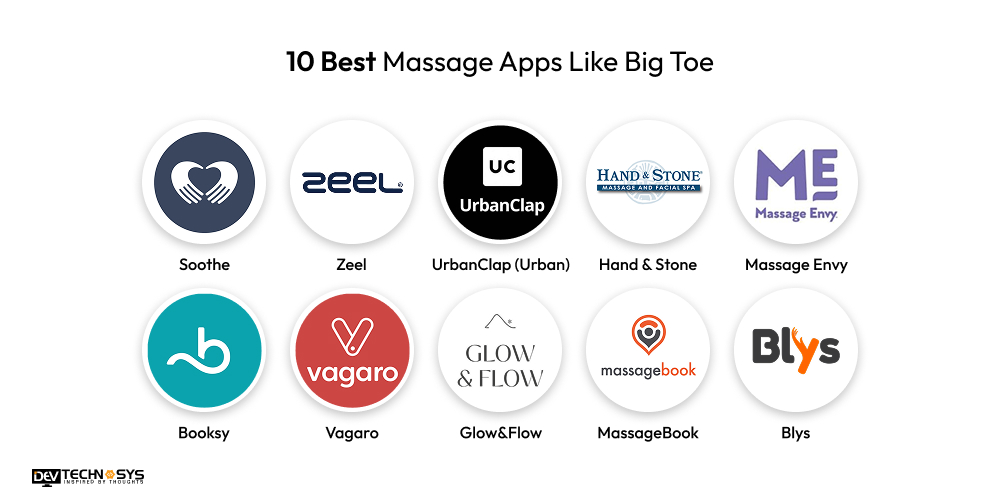
App Name |
Downloads |
Stores Ratings |
Launch Year |
Platform Availability |
| Soothe | 10M+ | 4.8 | 2013 | Android, iOS |
| Zeel | 10M+ | 4.7 | 2012 | Android, iOS |
| UrbanClap (Urban) | 50M+ | 4.7 | 2014 | Android, iOS |
| Hand & Stone | 100K+ | 4.6 | 2004 | Android, iOS |
| Massage Envy | 1M+ | 4.7 | 2002 | Android, iOS |
| Booksy | 10M+ | 4.8 | 2015 | Android, iOS |
| Vagaro | 1M+ | 4.5 | 2009 | Android, iOS |
| Glow&Flow | 50K+ | 4.8 | 2018 | Android, iOS |
| MassageBook | 100K+ | 4.9 | 2013 | Android, iOS |
| Blys | 100K+ | 4.8 | 2015 | Android, iOS |
Why Do Most Entrepreneurs Want to Invest in Massage App Development?
The on-demand massage app development has become a hot investment area for entrepreneurs across the globe. With wellness and convenience now taking center stage in consumer behavior, here are five key reasons why this industry is attracting so much interest:
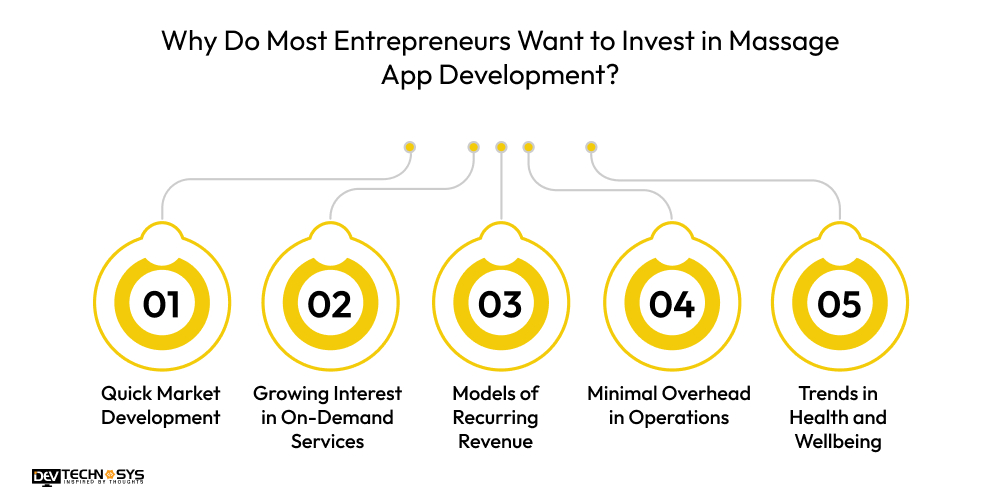
1. Quick Market Development
The market for Big Toe app development services was estimated to be worth USD 18.25 billion in 2023 and is expected to expand at a compound annual growth rate (CAGR) of 7.2% until 2030. The robust and growing demand for easily accessible wellness services is reflected in this expansion’s steady pace. Entrepreneurs see this as a good chance to get into a market that has room to develop in the long run.
2. Growing Interest in On-Demand Services
Convenience is a top priority for modern customers. Similar to ride-sharing and food delivery, massage treatment is moving toward an on-demand business model. Consumers desire convenient, in-home expert wellness services. Entrepreneurs view this change as an opportunity to use tech-driven solutions to profit from shifting consumer behaviors.
3. Models of Recurring Revenue
The salon booking app development solutions frequently include loyalty plans, bundle discounts, and subscription services. Both recurrent income generation and user engagement are maintained by these features. Instead of one-time purchases, investors value company concepts that guarantee a steady income stream.
4. Minimal Overhead in Operations
The Big Toe clone apps don’t need to make investments in actual spaces or on-site professionals as traditional spas do. According to the Big Toe app development company, by connecting consumers with contract or freelance therapists, they significantly reduce operating expenses and make it easier and faster to grow the business.
5. Trends in Health and Wellbeing
Wellness has emerged as a major concern since the epidemic. Customers are actively spending money on services that improve their physical and emotional well-being. If you develop a mobile app for massage apps, it makes them a desirable business opportunity for entrepreneurs hoping to turn a profit while having a good influence.
How AI Can Help Massage Apps Like Big Toe?
- AI personalizes massage recommendations by analyzing user preferences, health data, and past bookings for a customized wellness experience.
- AI-powered chatbots provide instant, 24/7 customer support, answering queries and assisting with bookings to improve user satisfaction and retention.
- AI-driven marketing targets potential users with personalized offers and promotions, boosting app engagement and increasing customer acquisition rates.
- Machine learning analyzes user feedback and ratings to identify quality issues, helping maintain high service standards and therapist performance.
- AI helps detect fraudulent bookings and payments, enhancing app security and building trust between users and service providers.
7 Basic Steps to Develop a Massage App Like Big Toe
To create a mobile app like Big Toe involves market research, defining features, designing user-friendly UI/UX, building backend and frontend systems, thorough testing, launching on app stores, and ongoing maintenance. Following these steps ensures a smooth, scalable, and successful app that meets user needs and industry standards.
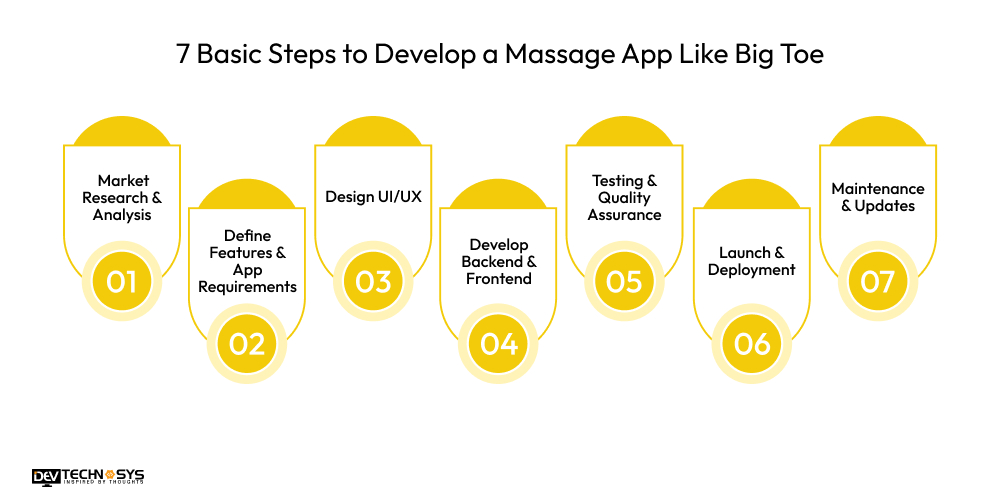
1. Market Research & Analysis
Conduct thorough market research to understand user needs, competitor offerings, and industry trends. Hire dedicated developers to analyze target demographics, preferred massage types, and pricing models. This insight will help define unique selling points, app features, and marketing strategies, ensuring your massage app effectively meets market demand and stands out in a competitive landscape.
2. Define Features & App Requirements
List essential and advanced features like booking systems, therapist profiles, payment gateways, real-time tracking, and reviews. Prioritize features based on user needs and budget constraints. Create detailed technical and design specifications to guide the development team, ensuring the app delivers a seamless, user-friendly experience aligned with business goals.
3. Design UI/UX
Hire mobile app developers to create intuitive, visually appealing designs focusing on ease of use and smooth navigation. Develop wireframes and prototypes to map user journeys. The app’s look and feel should build trust, encourage bookings, and promote engagement. Good UI/UX design significantly impacts user retention and overall app success.
4. Develop Backend & Frontend
Build the app’s backend infrastructure to handle user data, bookings, payments, and communication securely. Develop frontend interfaces for iOS and Android platforms, ensuring responsiveness and performance. Integrate APIs for maps, payment gateways, and notifications. Prioritize scalability and security throughout development.
5. Testing & Quality Assurance
You can hire professional developers from yoga app development company to conduct thorough testing, including functional, usability, performance, and security tests—to identify and fix bugs. Beta testing with real users provides valuable feedback. Ensuring a smooth, error-free experience at launch reduces negative reviews and builds user confidence in the app’s reliability.
6. Launch & Deployment
Submit the app to the Google Play Store and Apple App Store following their guidelines. Plan a marketing campaign to create awareness and attract early users. Monitor launch performance closely, addressing any issues quickly to ensure a positive first impression and steady user growth.
7. Maintenance & Updates
Consult with a massage therapy app development company to regularly update the app to fix bugs, add new features, and maintain compatibility with OS updates. Monitor user feedback to improve functionalities continuously. Ongoing maintenance ensures high performance, user satisfaction, and long-term success in the competitive massage app market.
10 Must-Have Features of a Massage App Like Big Toe
To develop a massage app like Big Toe, it necessitates more than simply a booking system; it must deliver a smooth, trustworthy, and convenient experience for both consumers and therapists. Here are ten vital characteristics that every good massage app should include:
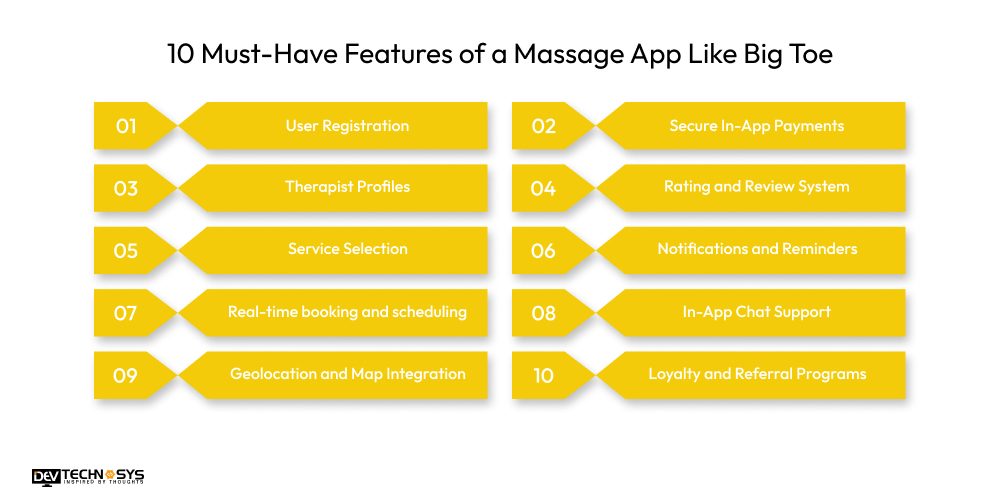
1. User Registration
The Big Toe alternatives allow consumers to join up by email, phone number, or social media and maintain their personal information, preferences, and booking history.
2. Therapist Profiles
To promote trust and openness, detailed therapist profiles should contain qualifications, experience, massage types, ratings, and client reviews.
3. Service Selection
Provide a variety of massage kinds, such as Swedish, Deep Tissue, Sports, and Prenatal, so that consumers may select the one that best meets their needs.
4. Real-time booking and scheduling
The Big Toe alternatives allow users to book sessions immediately or plan them in advance with local therapists, depending on time and location.
5. Geolocation and Map Integration
The Big Toe similar apps use GPS to link users to therapists in their region and monitor their arrival in real time.
6. Secure In-App Payments
Provide a variety of payment choices, including credit/debit cards and mobile wallets, as well as a smooth, secure checkout experience.
7. Rating and Review System
If you develop massage app like Soothe, it allows consumers to provide comments on their experience, which will assist in maintaining quality and enhancing service standards.
8. Notifications and Reminders
Send live notifications on booking confirmations, therapist arrivals, specials, and wellness recommendations.
9. In-App Chat Support
Big Toe clone apps allow consumers to communicate instantly with customer support or therapists about their questions and updates.
10. Loyalty and Referral Programs
Big Toe yoga app provides a Reward for repeat users and encourages them to recommend others by offering discounts, credits, or special benefits.
The Cost to Develop a Massage App Like Big Toe
The cost to develop a massage app like Big Toe typically ranges from $8,000 to $25,000, depending on complexity and features. Basic apps with essential booking, payment, and user management systems fall on the lower end, while advanced functionalities like real-time tracking, in-app chat, and multi-platform support increase the massage app development cost.
Additional factors include design quality, backend infrastructure, and integration with third-party services. Ongoing expenses for maintenance, updates, and marketing should also be considered when budgeting for a full-scale massage app development.
Cost to Build a Massage App Like Big Toe
Massage App Development |
Estimated Cost |
Time Frame |
Basic App Development
|
$8000 – $12000 | 2 to 6 Months |
Mid-Complex App Development
|
$14000 – $19000 | 6 to 8 Months |
High-Complex App Development
|
$25000+ | 9+ Months |
What Are the Key Factors that Affect the Massage App Development Cost?
The cost of massage app development services depends on the complexity of features, platform choice (iOS, Android, or both), design quality, backend infrastructure, third-party integrations, development team location, and post-launch maintenance. Each factor influences the overall budget and timeline, shaping the app’s functionality and user experience.
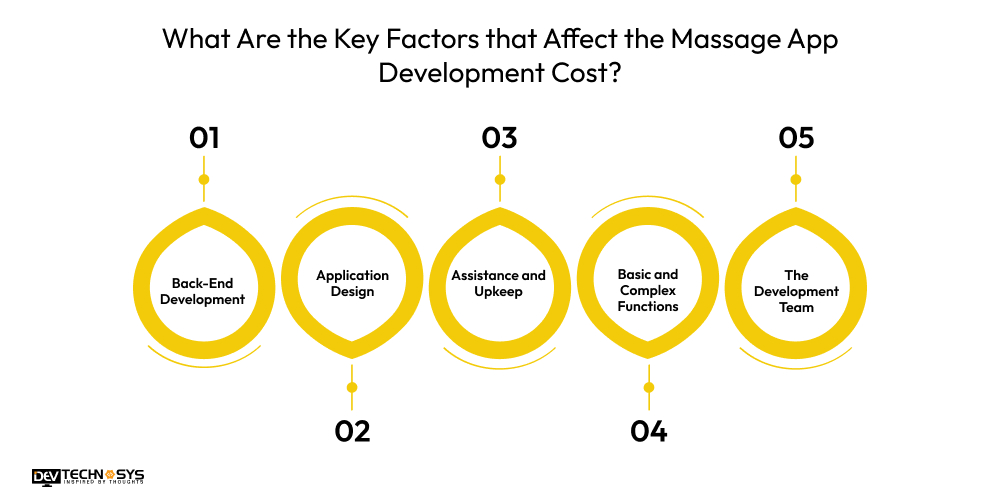
1. Back-End Development
Back-end development serves as the app’s backbone, managing data storage, user authentication, and server connectivity. A complex back-end architecture that supports real-time booking, payment processing, and geolocation lengthens development time and raises costs.
Scalability and security precautions significantly increase Big Toe Android app development cost, making back-end development one of the most important expenses in a massage app.
Backend Development |
Cost Estimation |
| Simple Backend Process | $10,000 – $16,000 |
| Advanced Backend Process | $20,000 – $25,000 |
2. Application Design
App design covers both the user interface (UI) and the user experience (UX), with an emphasis on usability, visual attractiveness, and easy navigation. High-quality, personalized designs with animations and interactive components need more time and expertise, which raises Big Toe app development cost.
Design must strike a balance between aesthetics and usefulness to promote user pleasure and engagement, which have a direct influence on the app’s success.
Design Quality |
Cost Estimation |
| Basic Design | $8,000 – $12,000 |
| Complex Design | $15,000 – $22,000 |
3. Assistance and Upkeep
The app maintenance and support services are critical for bug fixes, feature updates, and ensuring compatibility with new operating system versions. Ongoing help includes app performance monitoring, security upgrades, and customer support systems, all of which demand ongoing investment.
Regular maintenance guarantees seamless functioning and user retention, but increases the overall Big Toe app development cost.
Maintenance Phase |
Cost Estimation |
| Simple Maintenance Phase | $2,000 – $4,000/year |
| Complex Maintenance Phase | $7,000 – $9,000/year |
4. Basic and Complex Functions
Basic features like user registration and basic booking are less expensive to build. However, incorporating advanced functions like real-time therapist tracking, AI suggestions, secure payments, and in-app chat takes additional effort, technology, and testing. The amount and complexity of features have a direct influence on the massage app’s development timeframe and budget.
Features |
Cost Estimation |
| Core Features(Therapist Profiles and Service Selection) | $8,000 – $10,000 |
| Advanced Features(Real-Time Booking and Geolocation & Tracking) | $13,000 – $18,000 |
5. The Development Team
The development team’s size, experience, and location all have a substantial impact on expenses. Hiring competent engineers, designers, and testers from expensive on demand app development company raises costs. Outsourcing to lower-cost countries can also save money, but it may have an impact on communication quality. The team’s competence has an impact on both development speed and app quality.
Developer’s Experience Level |
Cost Estimation |
| Entry-Level Developer | $15 – $18/ Per Hour |
| Mid-Level Developer | $18 – $22/ Per Hour |
| Senior-Level Developer | $25+ / Per Hour |
How to Generate Money From a Massage App Like Big Toe?
Launching a massage application like Big Toe presents excellent revenue opportunities through various monetization strategies. Here are five effective ways to generate money from such an app:
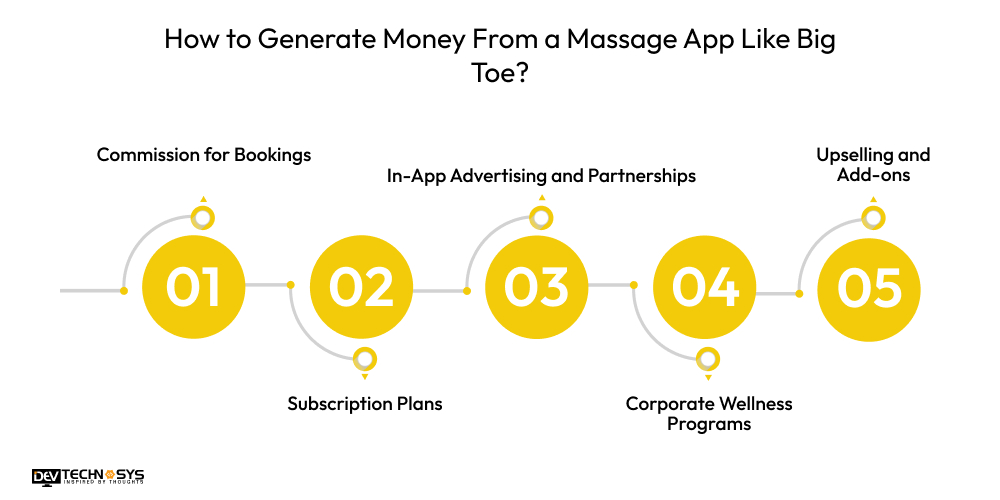
1. Commission for Bookings
The most typical revenue stream is charging a commission or service fee for each booking made via the app. For example, the app may deduct 10-20% of the total massage charge paid by the consumer. This strategy scales nicely as additional users and therapists join the site, creating a consistent income.
2. Subscription Plans
The Big Toe similar apps offer consumers subscription packages that include cheaper pricing, priority booking, or exclusive services. Monthly or annual subscription arrangements generate predictable recurring revenue while increasing customer loyalty. Therapists can also subscribe to premium services such as increased profile exposure and improved booking tools.
3. In-App Advertising and Partnerships
Include customized advertisements for wellness companies, health goods, or local businesses. Partnering with related firms might result in additional revenue through sponsored promotions or affiliate marketing. Carefully integrated advertisements improve the user experience without being invasive.
4. Corporate Wellness Programs
Collaborate with employers to provide employee wellness packages via your app. Businesses can pay for bulk reservations or subscriptions to improve wellness and minimize workplace stress. According to the iOS app development company, this B2B income source may be extremely profitable and consistent.
5. Upselling and Add-ons
Offer optional add-ons such as aromatherapy, hot stone treatments, or longer session hours for an additional fee. Upselling these services while booking raises the average order value. Personalized suggestions based on user preferences can increase the adoption of add-ons.
Conclusion
In conclusion, developing a successful massage application like Big Toe requires careful planning, user-focused design, robust backend development, and continuous improvement. Partnering with an experienced massage app development company can streamline this process, ensuring your app includes essential features, offers a seamless user experience, and meets industry standards.
From market research to launch and maintenance, a professional development team helps transform your vision into a reliable, scalable app that attracts users and therapists alike. Investing in expert guidance is key to standing out in the competitive wellness market.
Frequently Asked Questions
1. How Much Does It Cost To Develop a Massage App Like Big Toe?
The cost to build a massage app like Big Toe typically ranges from $8,000 to $25,000, depending on features, platform, design complexity, development team location, and post-launch maintenance requirements.
2. How Much Time Does It Take to Create a Massage App Like Big Toe?
To create a massage app like Big Toe typically takes 3 to 6 months, depending on app complexity, feature set, platform choices, design requirements, and the efficiency of the development team.
3. What Tech Stack Should I Use to Make a Massage App Like Big Toe?
To make a massage app like Big Toe, use React Native or Flutter for the frontend, Node.js or Django for the backend, PostgreSQL for the database, Firebase for notifications, and Stripe or PayPal for payments.
4. What Are the Ongoing Maintenance Costs?
Ongoing maintenance costs for a massage app typically range from 15% to 20% of the initial development cost annually. This includes bug fixes, updates, server costs, security patches, and feature enhancements.
5. How Do I Onboard Massage Therapists?
To onboard massage therapists, create a dedicated portal for profile creation, document submission, certification verification, and availability scheduling. Include background checks and approval workflows to ensure quality, safety, and professionalism on the platform.
